Gen Z Isn’t Here for Elected Women’s Low Salaries and Dangerous Jobs

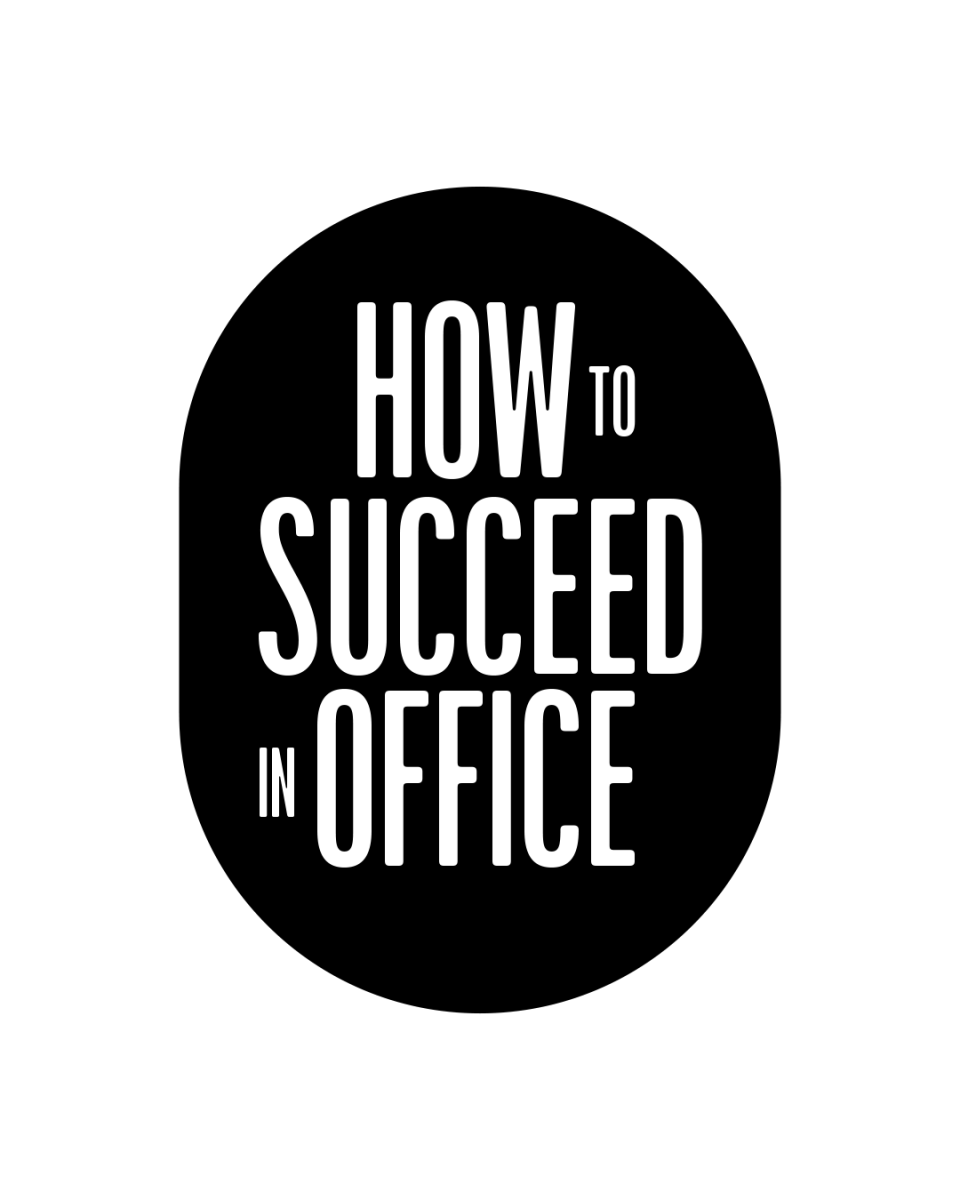
The world—and Cosmopolitan—has given a lot of air time to the fact that we need more women in office, and major efforts to get them there are working: An unprecedented number of women have now been elected to national, state, and local positions. For the most part, though, that’s where the story has stopped. But what about what happens next—what’s it like for these women once they actually start their jobs? Sure, we as voters can get them elected, but are we doing enough to make them successful?
Early last year, Cosmopolitan, in partnership with Pivotal Ventures, set out to answer this question for How to Succeed in Office, our project that details the hurdles elected women face—and how everyone should be invested in getting them the help they need. After months of reporting, we were ready to ask another big question: How do you feel about all this? So in January 2024, we commissioned a nationally representative survey of more than 2,100 people ages 18 and older to understand how American women think about their counterparts in political positions. And you had…a lot to say.
For starters, pretty much everyone thinks the entire country would be better off if more women held office. And nearly 9 in 10 of you agree that it’s important for your own lives that elected women are able to do their jobs well. (The groups most likely to feel this way are LGBTQ+ women at 96 percent, and millennial women at 91 percent.) Honestly, given the state of our post-Dobbs world, this tracks. (Cue: a not-so-subtle reminder to VOTE this fall, even if things feel bleak.)
Another result that tracks for any woman living pretty much anywhere these days: The most significant barrier to success you think elected women face is sexism. Women of color feel strongly on this front (54 percent would expect to face sexism in an elected job), and Black women in particular are more likely than white women (46 versus 31 percent) to believe it’s very challenging for women in office to be successful at their jobs, period. Black women (59 percent) are also more likely than Hispanic women (47 percent) and white women (45 percent) to say female politicians are criticized much more often than male ones are by their peers.
More surprising are responses that show a notable divide in how different generations are wrapping their heads around the tough jobs elected women have—as well as responses that illustrate a pretty damn deep understanding of a political world that can be outright hostile to women. Take a look at some highlights right here:
Gen Z Can See the Threats Clearly
The generation that’s been online since day one is all too familiar with the way the world treats women in power—and it knows just how terrifying that can be, especially after the recent surge in violent harassment against elected officials.
Forty percent of Gen Z women (compared with 25 percent of boomer women and 30 percent of both Gen X and millennial women) say threats to physical safety are a problem for women in local elected office. Thirty-six percent (compared with 21 percent of boomers and about 29 percent of both Gen X and millennials) say the same about threats to psychological safety. And nearly 50 percent of Gen Z women, more than any other generation, think that protections against these threats would better help women in office succeed.
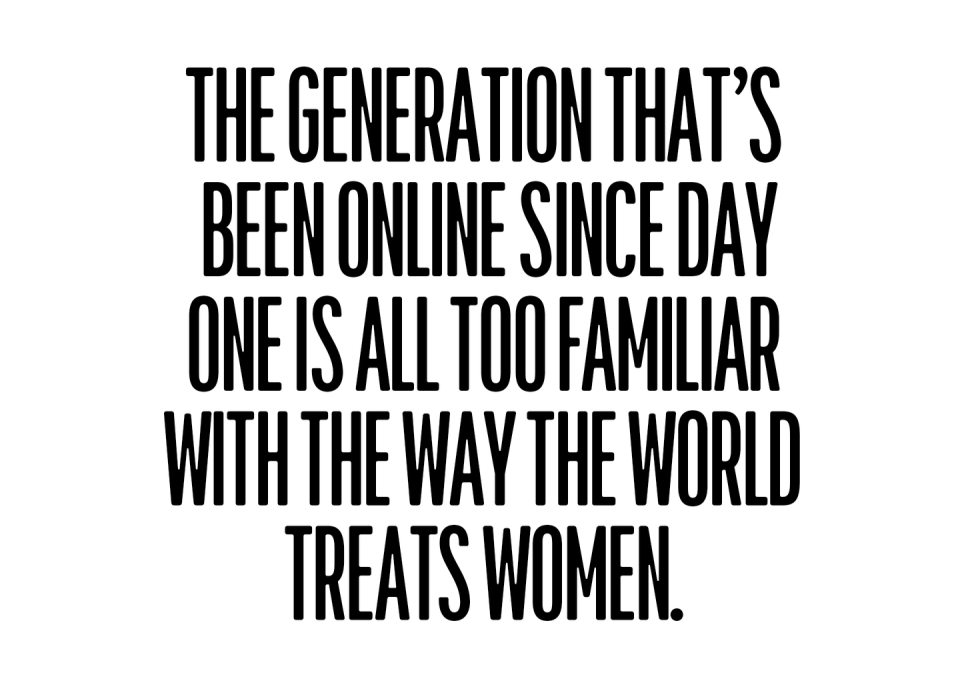
In fact, for a significant number of Gen Z women, political violence could be a deal-breaker when considering running for office themselves. About 30 percent believe they’d personally face physical or psychological threats were they to be elected to office in their communities.
Gen Z and Millennials Are Worried About the Kids (and Their Parents)
Holding elected office and having a family? These generations think it’s a stretch. More than other age groups, they point to lack of parental leave or support as reasons elected women can’t fully succeed at their jobs. (Kind of illuminating, no? That those perhaps less likely to currently have kids feel the strongest about this: Around 40 percent of both Gen Z and millennial women versus 34 percent of Gen X and just 24 percent of boomer women.)
A lack of childcare support also stings, according to 45 percent of Gen Z and 43 percent of millennial women (versus 34 percent of Gen X and 32 percent of boomer women). To the point where around 11 percent of both Gen Z and millennial women say it would be impossible for them personally to succeed in a local office that didn’t come with paid parental leave or childcare.
Everyone Is So Over the Establishment
And the help it doesn’t provide. After sexism, American women chose a lack of support from political establishments as the biggest barrier to elected women’s success. If you’re wondering whether these top two pain points are related, the answer is of course—especially with our political system often doubling as an old boys club.
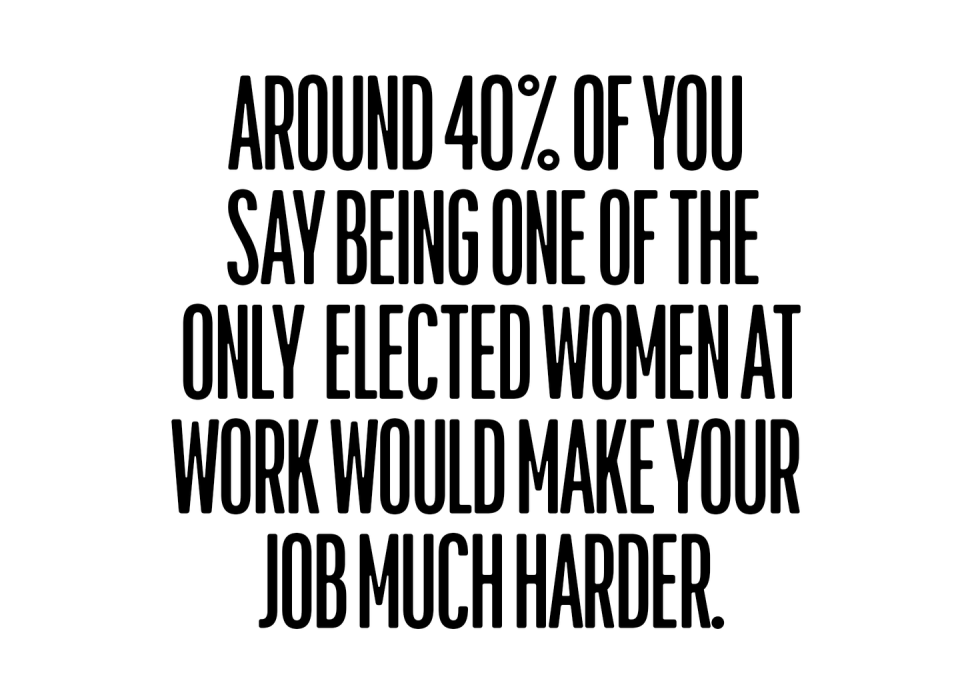
Forty-four percent of American women believe that if they ever found themselves in elected office, political institutions would hold them back rather than help them. And nearly the same percent feel like being one of the only elected women at work would hinder their ability to do their jobs. Could this be the reason just 28 percent of Congress is female and women hold a majority in only one state legislature (shout-out to Nevada!)? Yes.
You All Know What’s Needed Next
Okay, absolutely, your votes. But beyond that: A majority of American women—including 60 percent of women of color—believe that higher salaries for elected women would help more of them succeed. Gen Z (54 percent) and millennial women (49 percent) in particular think inadequate pay is detrimental to a job well done (news flash: Some of your elected representatives are out there carrying annual salaries of $0.)
Forty-two percent of women think a lack of funding would pose a challenge if they ever found themselves in an elected position. Gen Z and millennial women again feel strongly about this, with 44 percent of both groups citing inadequate pay as a real potential obstacle. So if our goal is even more women in office—and enabling those women to actually succeed at their jobs—it’s time for everyone (and not just women) to think about donating in whatever way we can.

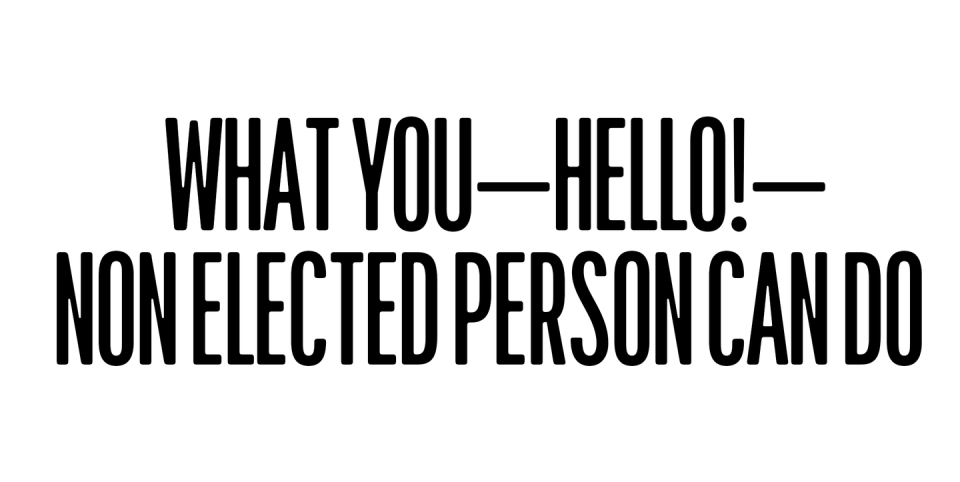
GIVE MONEY

Compared to men, it’s harder for women in office to raise funds, and donating to their efforts does more than just keep them afloat: “Raised funds can increase their retention rates, which in turn impacts their ability to acquire leadership positions and to support new candidates,” says Debbie Walsh, director of the Center for American Women and Politics. Visit WomenCount.org to get started.
SHOW UP

Lending your IRL support at, say, local school board meetings or state legislature hearings can give elected women much-needed encouragement, says Denise Feriozzi, cofounder and executive director of the Pipeline Fund. Your virtual presence can be just as impactful, since elected women are faced with significantly more online harassment than elected men.“If you see somebody being unfairly attacked, use your online platform to defend them,” says Lauren Leader, cofounder and CEO of All In Together, a women’s civic education organization. “On a tactical level, this stuff can be really powerful.”
GET INVOLVED

Elected women, especially those of color and/or in the LGBTQ+ community, “are often the ‘first’ or the ‘only’; it’s an incredibly isolating experience,” says Nilofar Ganjaie, national political director at the Pipeline Fund, a network of organizations and strategists dedicated to getting diverse leaders elected. Follow and support groups like Local Progress (a movement of local elected officials who advocate for racial and economic justice), School Board Partners (a nonprofit that supports and trains school board members), and Vote Mama.
PITCH IN

Find out who your local officials are and offer to support them...as people. “Bring someone dinner so she doesn’t have to worry about that, or offer childcare on the Tuesday nights her council meets,” suggests Walsh. Adds Leader: “Every way in which you’re able to step forward and ease the burden for someone that’s working hard is valuable.”
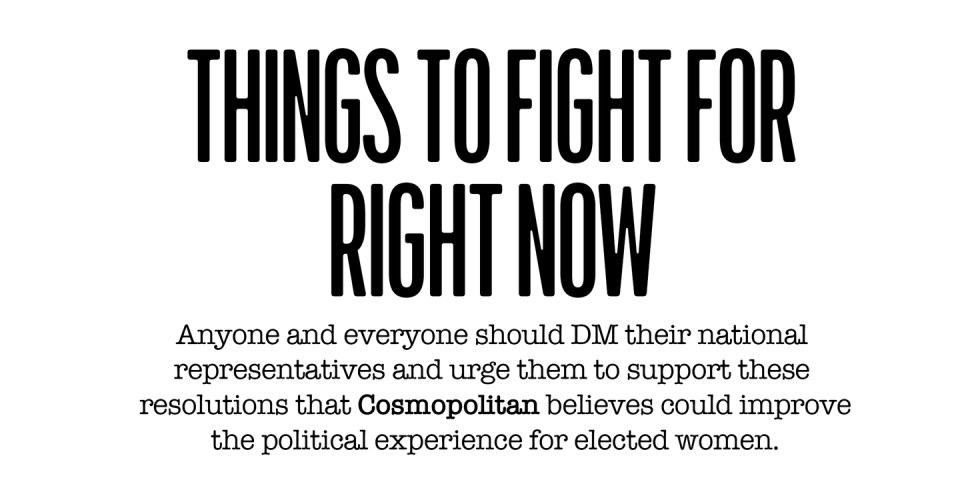

Its endgame: To urge the government to adopt policies that promote women’s political participation and reduce violence against women in politics.
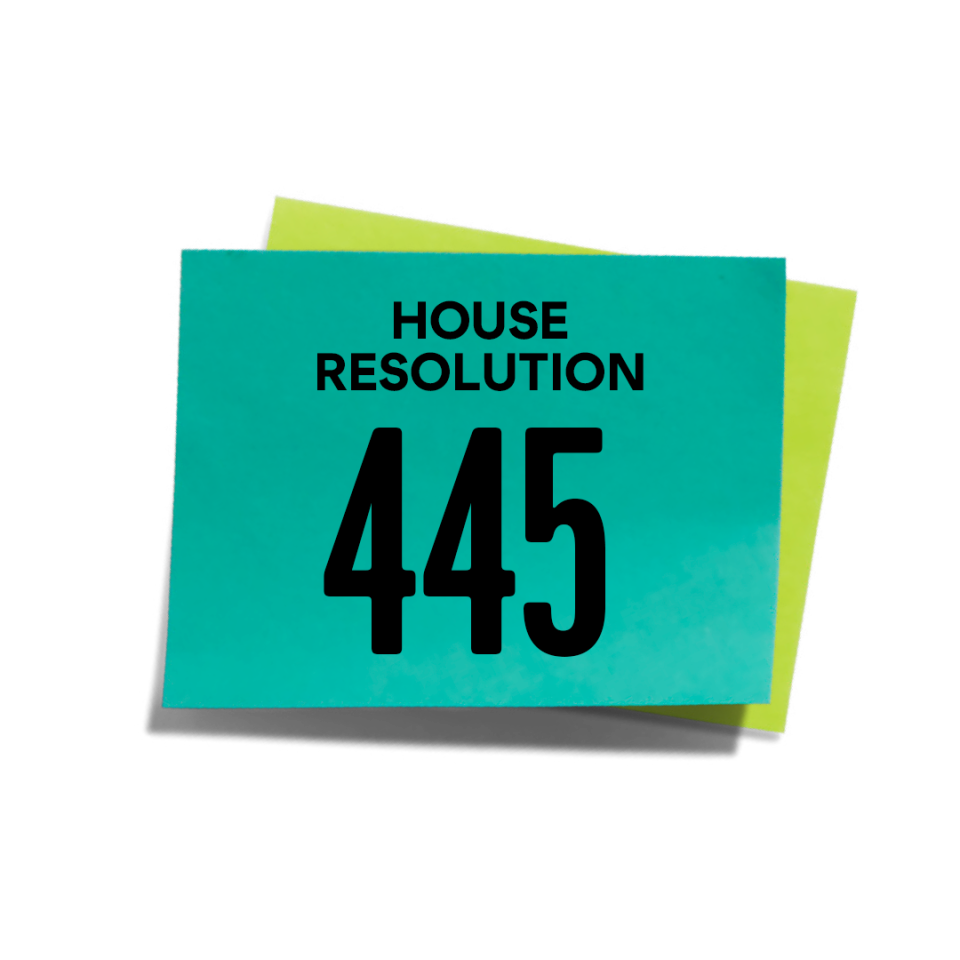
It calls for the Senate to ratify the United Nations’ CEDAW treaty—the Convention on the Elimination of All Forms of Discrimination Against Women.
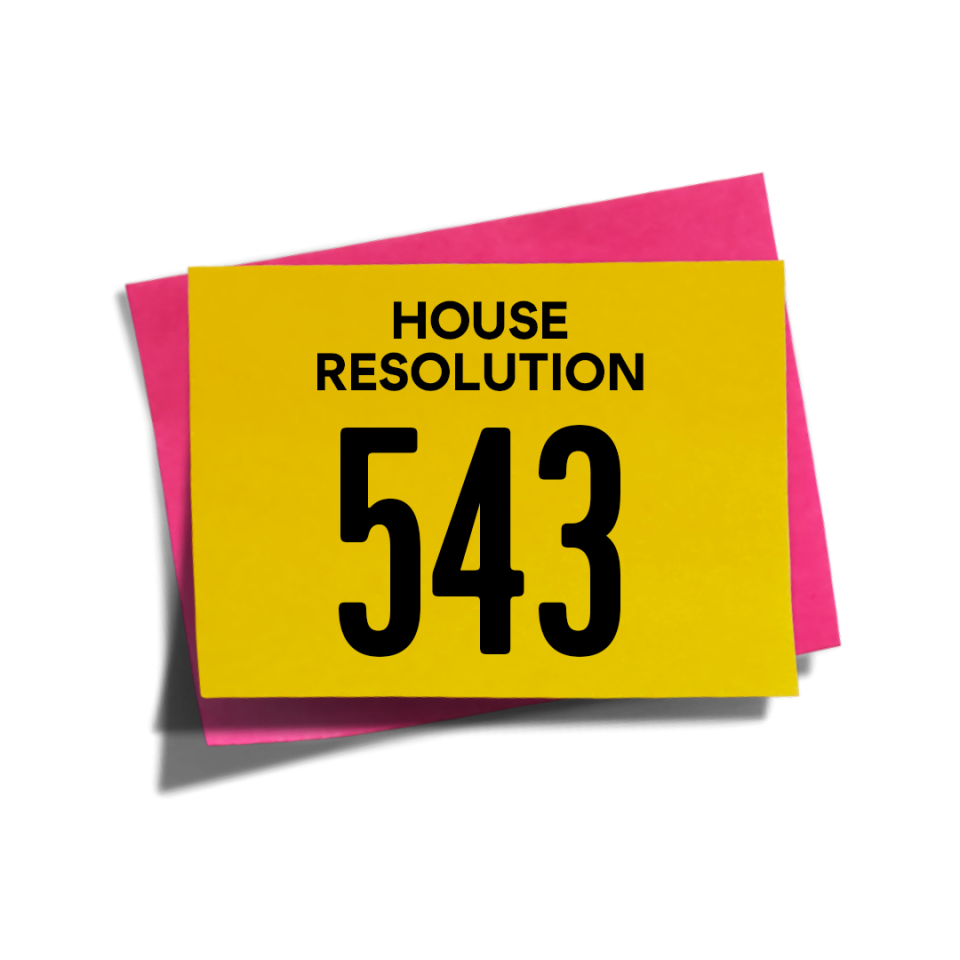
It would let House members attend proceedings remotely and vote by proxy when they’re dealing with a child’s or their own serious medical condition, including any pregnancy-related one.
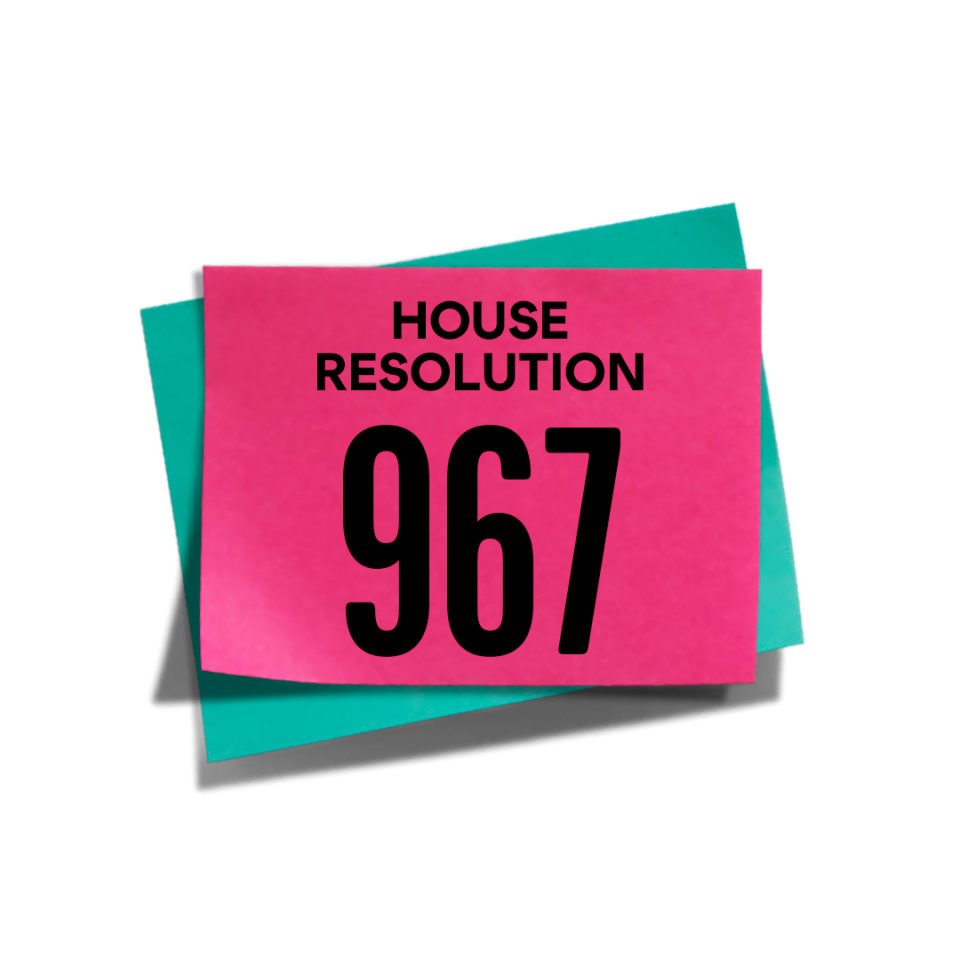
Were this to pass, any House member who’s recently given birth could designate a colleague to vote on their behalf for up to six weeks after having a baby.
You Might Also Like

